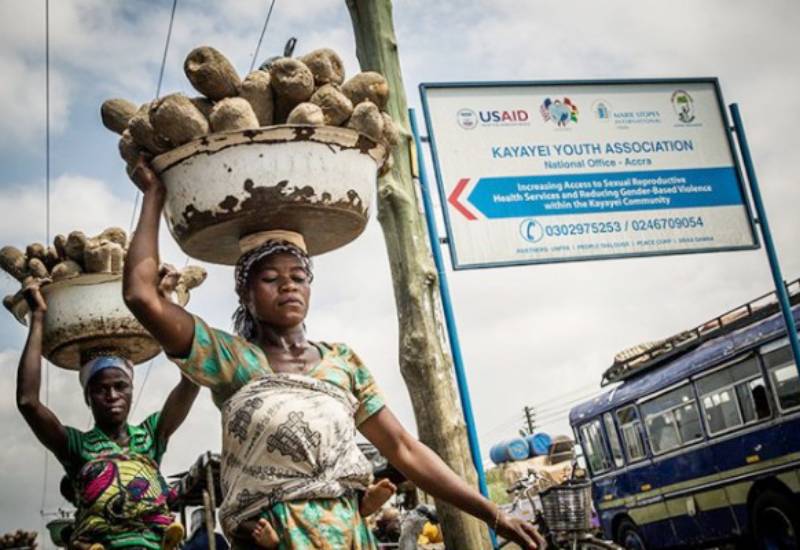An increasing number of nursing mothers are turning to head potting, or “Kayayei,” as a way to make a living in Kumasi. For long stretches of time, they must perform this taxing task—often for meagre pay—while bearing large burdens on their heads. Although it makes sense that these young moms need to support their families, the practice raises major questions about both the mothers’ and the babies’ wellbeing.
A recent survey conducted by Ashantibiz in the central business district of Kumasi revealed alarming statistics:
* Over 50% of nursing mothers interviewed were engaged in head potting.
* The average weight of loads carried exceeded 30 kilograms (66 pounds).
* Most mothers worked for more than 10 hours per day, with some working up to 15 hours.
* The median daily income was approximately 10 Ghana Cedis (about $2).
The physical toll of head potting on nursing mothers is significant. Studies have shown that the practice can lead to:
* Back pain, joint pain, and muscle strain
* Headaches, dizziness, and fatigue
* Increased risk of falls and injuries
* Reduced milk production and the constant bending and lifting motions can put pressure on the uterus and pelvic floor muscles, potentially leading to uterine prolapse or incontinence.
The health of infants is also at stake. Nursing mothers engaged in head potting may have difficulty accessing proper nutrition and rest. This can affect their ability to produce sufficient milk, leading to malnutrition and developmental delays in their children.
While head potting provides a source of income for these mothers, it is hardly a sustainable solution. The wages are low and the work is physically demanding. Moreover, the practice reinforces a cycle of poverty, as children of Kayayei mothers are more likely to grow up in poverty and engage in similar occupations.
Given the potential risks to the health and well-being of both nursing mothers and their infants, it is imperative that city authorities and policymakers take swift action to address this issue. Several measures could be implemented, including:
* Providing daycare services or financial assistance to mothers who need to work.
* Establishing support groups and counseling services for nursing mothers engaged in head potting.
* Raising awareness about the health hazards of head potting and promoting alternative sources of income.
* Enforcing regulations to limit the weight of loads carried by women and girls.
The plight of nursing mothers engaged in head potting is a sobering reminder of the challenges faced by vulnerable populations in urban areas. It is not enough to simply acknowledge their situation; we must act to provide them with the support and opportunities they need to break the cycle of poverty and ensure a healthy future for themselves and their children.
Godwin Owusu Frimpong




